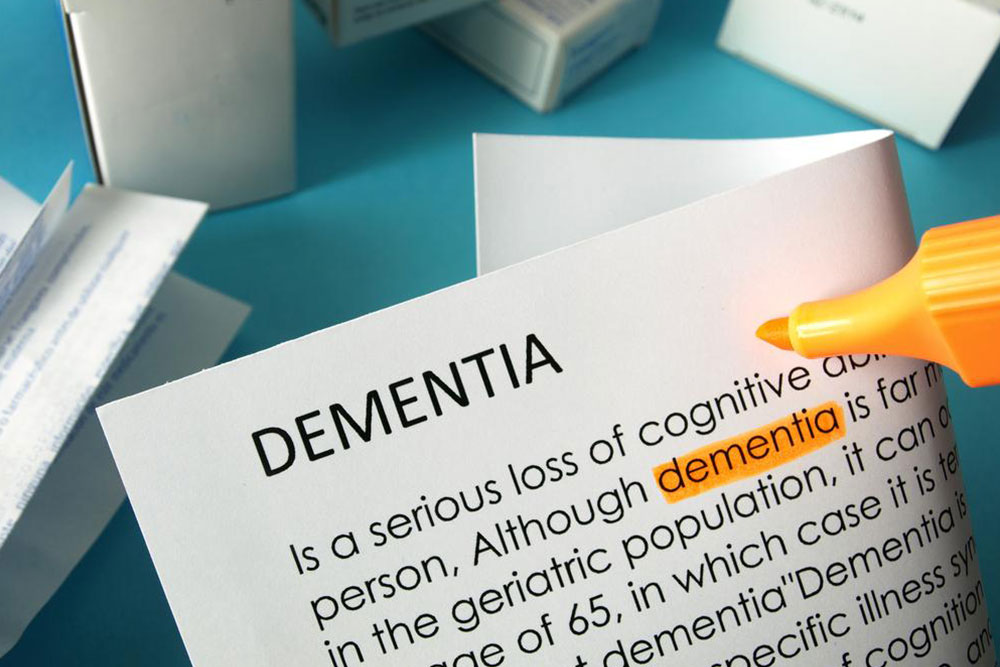Early Detection: 7 Key Signs of Dementia to Watch For
Learn to identify the early signs of dementia with these key indicators. Recognizing symptoms like memory loss, mood changes, disinterest, confusion, disorientation, and repetitive behaviors can lead to earlier diagnosis and better management. Understanding these signs helps caregivers and individuals take timely action to improve quality of life. Early detection is vital in slowing disease progression and planning appropriate care strategies. Stay informed and consult healthcare professionals for personalized advice.

Early Detection: 7 Key Signs of Dementia to Watch For
Dementia encompasses a set of symptoms impairing brain function, including conditions like Alzheimer’s, vascular dementia, and Huntington’s disease. It affects memory, reasoning, and decision-making, often leading to dependence on caregivers. Though no cure exists, early diagnosis enables better management and potential slowing of progression. Key early signs include forgetfulness, emotional shifts, loss of interest, confusion, spatial disorientation, and repetitive behaviors. Recognizing these symptoms promptly can lead to earlier intervention and improved outcomes.
Memory Difficulties
Frequently forgetting recent events or misplaced objects while retaining long-term memories initially can signal early issues.
Behavior and Mood Changes
Sudden mood swings, personality alterations, or feelings of depression may occur in early dementia. Shifts from introversion to extroversion can also be subtle indicators.
Loss of Interest
Individuals might withdraw from hobbies, social activities, or daily routines, losing pleasure in things they previously enjoyed.
Difficulty Performing Tasks
Challenges in focusing, managing finances, cooking, or learning new skills may emerge during early stages.
Disorientation
Forgetting familiar faces, struggling with language, or misplacing belongings are common early signs, leading to frustration.
Getting Lost or Confused with Directions
Difficulty recognizing key landmarks, forgetting routes, or feeling disoriented in familiar places can point to cognitive decline.
Repetitive Actions or Speech
Repeating questions, actions, or collecting items obsessively may result from memory lapses and confusion.
Important Reminder:
Our blog provides practical insights on various topics. This information is based on research and is not definitive. Always consult healthcare professionals for diagnosis and treatment. Some suggestions may differ from other sources.


